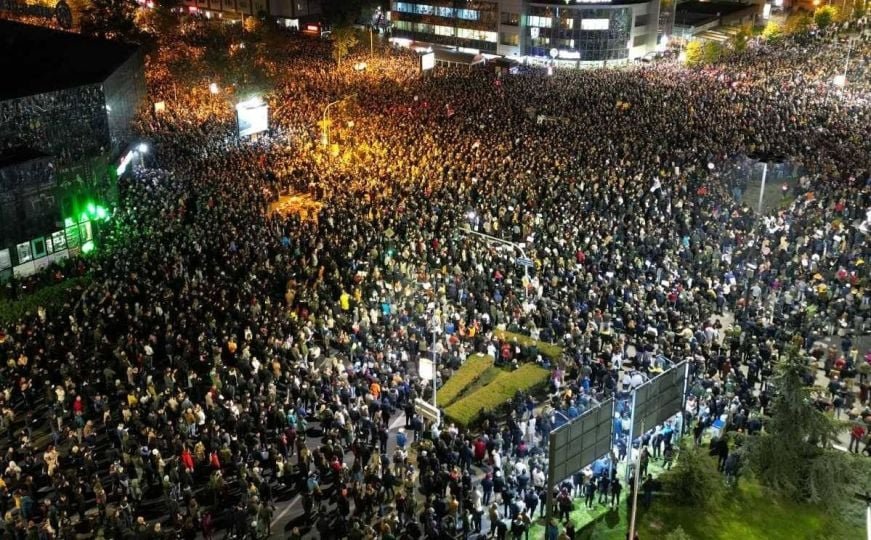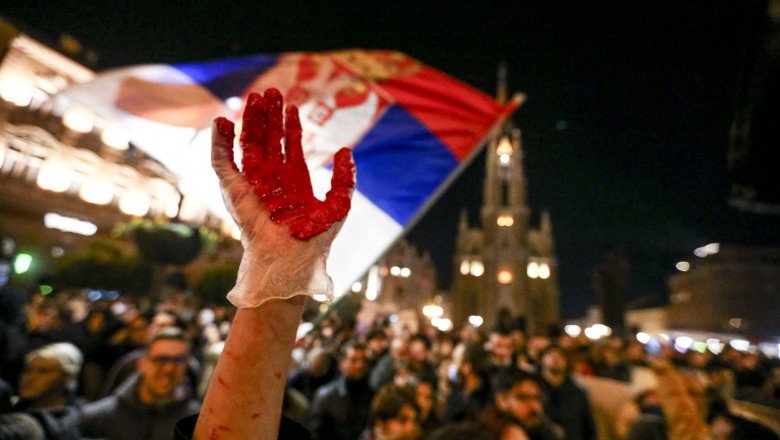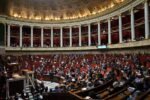Civil war in Serbia is no longer seen as entirely improbable by its citizens.
According to statistics published by SecuriMeter, supported by the Italian Ministry of Foreign Affairs, about 50% of citizens believe that such a scenario is quite likely.
Internal clashes have intensified further following numerous accusations that Vučić’s regime—widely regarded as autocratic—has engaged in massive electoral fraud to remain in power.
Mass protests against Vučić’s regime have resumed, with thousands of citizens taking to the streets demanding accountability for the deaths of 15 people caused by the collapse of the Novi Sad railway station roof. Protesters accuse the government of widespread corruption that led to the tragedy.

The divisions have also reached Parliament, where physical conflict broke out between lawmakers just days ago.
Vučić’s position is also increasingly strained on the international stage. His regime has been accused of two terrorist attacks within a year in Kosovo. The first occurred when, in a style reminiscent of Putin’s “Little Green Men,” Vučić’s close associate, Milan Radoičić, along with a heavily armed group of criminals, attacked northern Kosovo.
Radoičić remains free in Serbia despite significant international demands for his arrest and extradition to Kosovo. Serbia has also been accused of supporting the attack on Kosovo’s critical infrastructure in November 2024.
Statistics
Despite these tensions, Kosovar citizens feel notably safer compared to others in the Western Balkans. According to SecuriMeter:

- In Serbia:
- 16% of citizens believe civil war is very likely, while 29% consider it quite possible.
- 49% of respondents think Serbia is at risk of terrorist attacks.
- 57% predict Serbia faces economic warfare in the Western Balkans.
- 58% foresee risks to the national economy from broader economic conflict.
- In Kosovo:
- 74% do not believe the country’s economy is threatened by war.
- 69% dismiss the risk of economic conflict in the Balkans.
- 69% do not think Kosovo is at risk of terrorist attacks.
- 71% reject the possibility of civil war in Kosovo.







